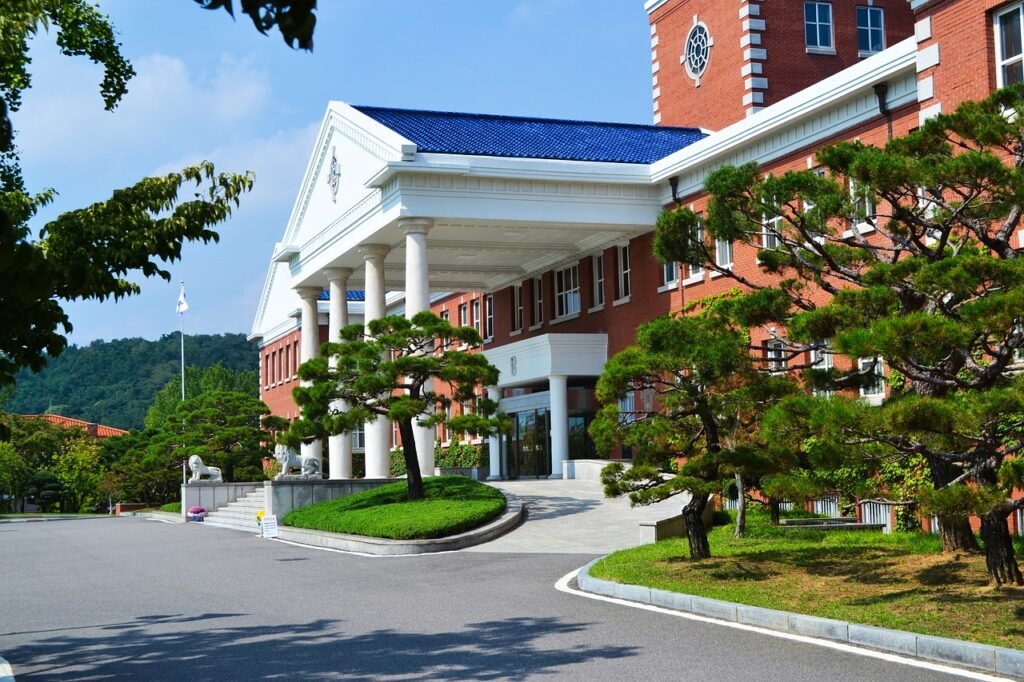
The University of Tokyo (UTokyo), founded in 1877, stands as Japan’s oldest and most prestigious university, consistently ranking among the world’s top universities. Located in Bunkyo, Tokyo, UTokyo has played a pivotal role in shaping Japan’s academic landscape and contributing significantly to global advancements in education and research. This article explores the university’s rich history, academic programs, research achievements, campus life, and its global impact.
Historical Background
The University of Tokyo was established during the Meiji Restoration period under the leadership of Emperor Meiji. Its founding marked a significant transformation in Japan’s education system, aiming to modernize the country through Western-style higher education. Initially known as the Tokyo Imperial University, it was later renamed the University of Tokyo in 1947.
Academic Excellence and Multidisciplinary Approach
UTokyo offers a comprehensive range of undergraduate, graduate, and doctoral programs across its faculties and graduate schools, fostering a multidisciplinary approach to education.
Faculties and Schools
- Faculty of Law: Offers programs in law, political science, and international relations, providing students with a deep understanding of legal principles and governance.
- Faculty of Medicine: Renowned for its medical education and research, focusing on clinical practice, biomedical sciences, and public health.
- Faculty of Engineering: Provides programs in various engineering disciplines, including civil engineering, mechanical engineering, and electrical engineering, contributing to technological innovation and infrastructure development.
Graduate Schools
UTokyo’s graduate schools offer advanced studies and research opportunities across diverse fields, including humanities, natural sciences, social sciences, and interdisciplinary studies.
Research and Innovation
The University of Tokyo is a global leader in research, with numerous research institutes, centers, and laboratories dedicated to advancing knowledge and addressing global challenges.
Research Institutes
- Institute of Industrial Science: Conducts research in engineering, materials science, and environmental studies, contributing to technological advancements and industrial innovation.
- Institute of Medical Science: Focuses on biomedical research, genetics, and cancer biology, leading to breakthroughs in medical treatments and therapies.
- Earthquake Research Institute: Studies seismic activity and disaster prevention, providing critical insights into earthquake mitigation and preparedness.
Campus and Facilities
UTokyo’s main campus in Bunkyo encompasses a mix of historic and modern buildings, libraries, laboratories, and sports facilities, creating a vibrant environment for academic and extracurricular activities.
Hongo Campus
The Hongo Campus houses many of UTokyo’s faculties and graduate schools, featuring iconic buildings such as the Yasuda Auditorium and the Akamon Gate. It serves as the university’s academic and administrative hub.
Komaba Campus
The Komaba Campus is known for its focus on humanities, social sciences, and interdisciplinary studies, offering a tranquil environment conducive to research and intellectual exploration.
Student Life and Diversity
The University of Tokyo attracts students from diverse backgrounds, fostering a vibrant and inclusive community that values academic excellence, cultural exchange, and personal growth.
Student Organizations
UTokyo hosts a wide range of student clubs and societies, encompassing academic, cultural, sports, and community service interests. These organizations provide opportunities for students to develop leadership skills, pursue their passions, and build lifelong friendships.
International Exchange
The university promotes international exchange through student mobility programs, partnerships with global universities, and collaborative research projects. This global engagement enhances cross-cultural understanding and prepares students for global citizenship.
Notable Alumni and Impact
The University of Tokyo boasts a distinguished alumni network that includes Nobel laureates, business leaders, government officials, and cultural figures who have made significant contributions to society and various fields of endeavor.
- Hideki Yukawa: Nobel Prize-winning physicist, known for his work on the theory of mesons and nuclear forces.
- Yukio Mishima: Renowned author and playwright, celebrated for his literary contributions and exploration of Japanese identity.
- Yoichi Hatta: Civil engineer, recognized for his pioneering work in irrigation and water management, including the construction of the Kurobe Dam.
Conclusion
The University of Tokyo continues to uphold its legacy of academic excellence, research innovation, and societal impact, shaping the future of education and contributing to global progress. With its commitment to multidisciplinary education, cutting-edge research, and global engagement, UTokyo remains at the forefront of higher education, preparing students to address complex challenges and make meaningful contributions to a changing world.
Choosing the University of Tokyo means joining a prestigious institution dedicated to academic rigor, innovation, and societal contribution. With its rich academic heritage, state-of-the-art facilities, and diverse student community, UTokyo offers an unparalleled educational experience that prepares graduates to excel in their chosen fields and become leaders in their communities and beyond.

